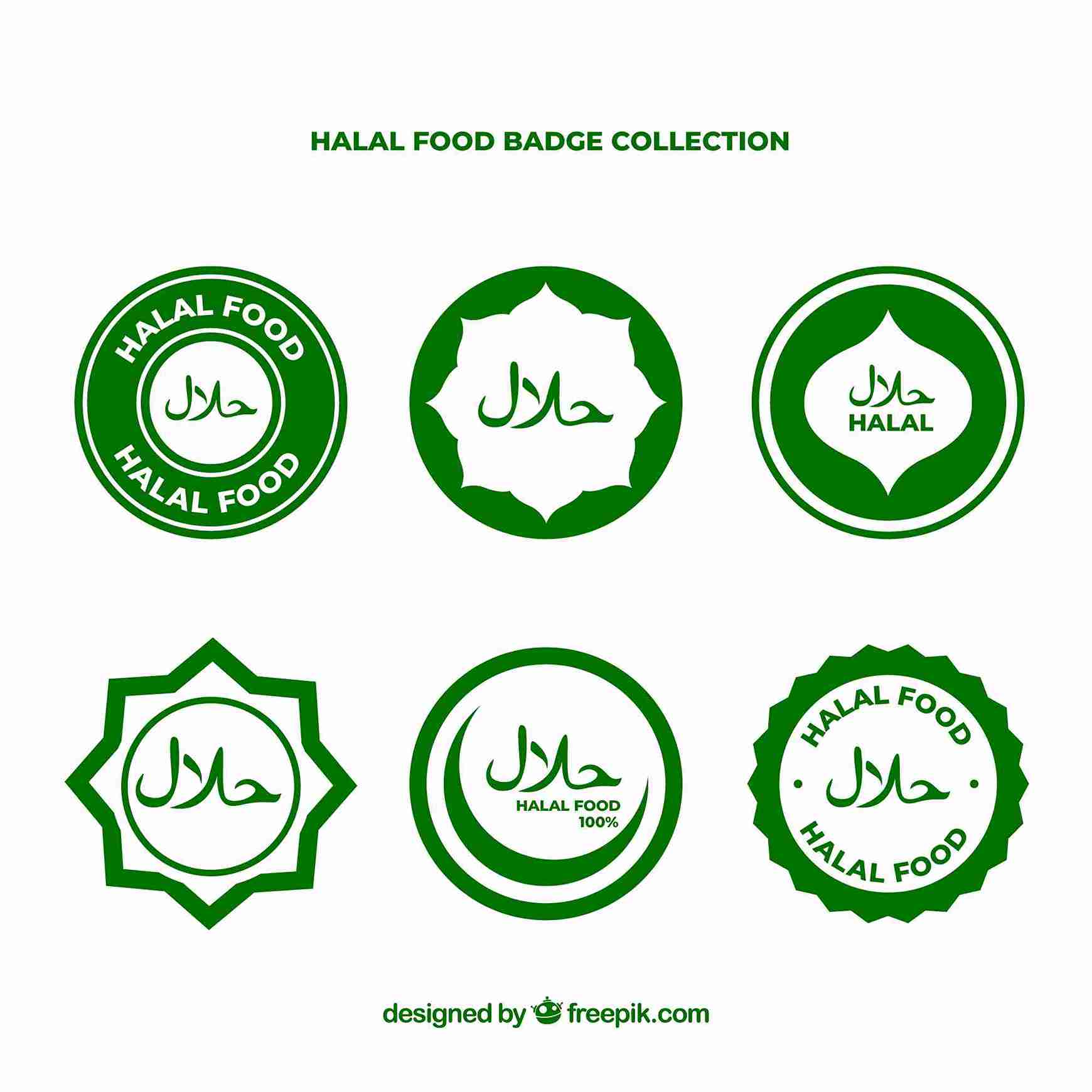 SHARE
SHARE
Learn 9 Steps to Obtain Halal Certification for Your Culinary Business
Team ESB
In Indonesia, a halal certificate is mandatory for culinary business owners to market their products.
This certification is crucial not only to comply with government regulations but also to build trust and loyalty among customers, especially the Muslim majority in Indonesia.
Important Steps in Obtaining Halal Certification for Culinary Businesses
Here are 9 key steps to help you secure a halal certificate for your culinary business:
1. Prepare Documents
The first step is to prepare the following documents:
- Business Data: Business name, address, Business Identification Number (NIB), Taxpayer Identification Number (NPWP).
- Product Data: Product name, ingredients, production process, allergen information.
- Owner Data: Full name, address, contact number.
- Halal Supervisor Data (if applicable): Full name, address, contact number.
- Halal certificate application letter.
- Business location map.
- Photos of the product and production process.
- Halal statements from ingredient suppliers (if available).
2. Choose a Halal Certification Agency (LSH)
Select a halal certification agency accredited by the Halal Product Assurance Agency (BPJPH). The list of accredited agencies can be found on the BPJPH website.
3. Submit an Application
Submit your halal certification application to the selected LSH. The process can be completed online via platforms like SIHALAL or offline.
4. Audit of Halal Product Assurance System (SJPH)
LSH will audit your products to ensure they meet the halal standards set by BPJPH. Ensure all documents are complete for a smooth process.
5. Issuance of Halal Certification
If the audit is approved, the halal certificate will be issued. The certificate is valid for 5 years and can be renewed.
6. Methods of Certification: Regular and Self-Declare
- Regular: Inspection is conducted by a halal auditor from LPH.
- Self-Declare for MSMEs: Specifically for micro and small businesses, based on the business owner's declaration with assistance from a Halal Process Assistant (PPH).
7. Halal Certification Costs
- Self-Declare (MSMEs): Free (costs covered by the government)
- Regular: IDR 300,000 to IDR 5,000,000, depending on product complexity.
8. Penalties for Non-Certification
Starting October 17, 2024, products without halal certification may face penalties such as written warnings, administrative fines, or product withdrawal from circulation.
9. Tips for Efficient Halal Certification
- Ensure all documents are complete and accurate
- Choose an experienced certification agency
- Attend halal product training to facilitate the audit process
- Use the self-declare method if you are a micro or small business owner.
Read more: No App Needed! Check Out 3 Ways to Scan QR Code Menus from Your Smartphone
Requirements for Free Halal Certification (SEHATI)
To qualify for free halal certification under SEHATI, your business must meet the following criteria:
- Own a Business Identification Number (NIB) and be classified as a micro or small enterprise
- Have an account on SIHALAL
- Submit products that are non-risky and free from hazardous materials.
- Use ingredients verified as halal or listed in KMA No. 1360 on exempt materials
- Ensure a simple production process, free from najis (impurities) and haram materials
- Use manual, semi-automatic, or simple technology equipment (home-scale, not industrial)
- Ensure the production process is verified as halal by a Halal Process Assistant (PPH)
- Use simple preservation methods without complex combinations
- Submit documents online through SIHALAL, including a self-declaration statement.
Halal Certification Registration Process
Source: Antara
For Business Owners
- Create an account on ptsb.halal.go.id.
- Prepare certification application data and select a Halal Process Assistant (PPH).
- Complete the application data with the PPH.
- Submit the application via SIHALAL.
For Halal Process Assistants (PPH)
- Verify and validate the business owner’s application and documents.
For BPJPH
- Systematically verify and validate the halal product process report.
- Issue the Receipt of Document Submission (STTD) as proof of complete documentation.
For the Halal Product Fatwa Committee
- Review and decide on the product’s halal status during a fatwa session.
For BPJPH
- Receive the halal status determination.
- Issue the halal certificate.
For Business Owners
- Download the halal certificate via SIHALAL.
- Download and use the national halal label on product packaging.
Read more: Understanding Revenue and How to Calculate It in the Culinary Business
Enhance Your Culinary Business Operations
Obtaining halal certification is an essential step in building trust with customers and complying with regulations. Ensure your business runs smoothly with an integrated management system.
ESB POS or ESB POSLITE can help streamline your operations and improve efficiency. Schedule a demo today to discover how ESB can support your business!
 SHARE
SHARE





